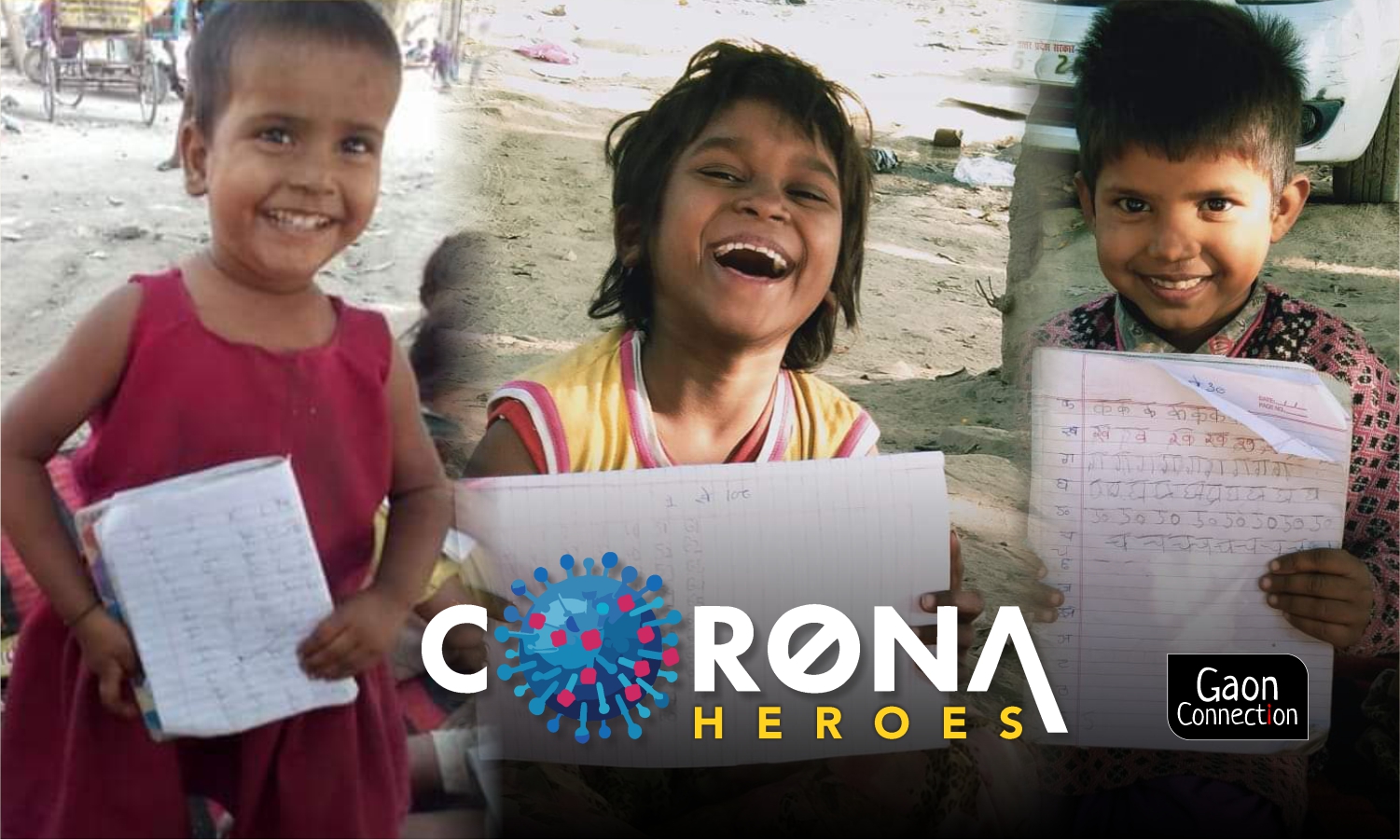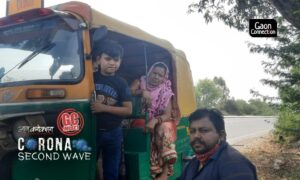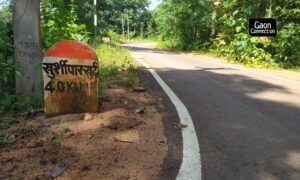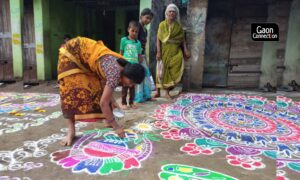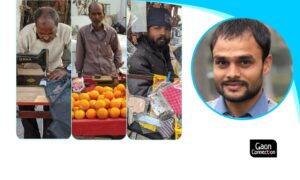Since this lockdown, many people have been providing ration and cooked meals to the needy. But not many are including pencils, erasers and notebooks in these kits along with flour, vegetables and pulses. There are children living in the rural pockets of urban India who have missed out on school and education and they don’t have the luxury of attending virtual classes or learning through their smartphone or WhatsApp. Unfortunately, there are very few people who are concerned about this. Abhishek Shukla, 29, is one such.
Abhishek, the founder of Shuruaat – Ek Jyoti Shiksha Ki,’ a non-profit organisation based in Prayagraj, Uttar Pradesh, has been imparting education to around 150 children living in slums and on streets for three years. Many volunteers have joined him over the years.
Soon after the lockdown, Abhishek and his team started providing ration kits to his students so that they don’t have to go hungry, but he also made sure that they don’t lose out on education. What’s more, he spends money from his pocket to buy the stationery for these kids.
He said: “Many kids complained that they were getting bored and kept asking us when were we going to resume classes. Earlier, we used to conduct classes in slums and at the railway station but we had to stop because of the lockdown. But there are 5-6 students living in slums who have volunteered to teach the other kids. We call them to make them understand what is to be done. We have also made monitors among them who give homework, collect copies and inform us about the progress made by each kid.”
He added: “We made sure that there no gaps during the lockdown because these children are anyway miles away from formal education. We put in a lot of effort. We don’t give them bookish knowledge. We make them understand concepts like motion and speed through practicals. Since we are not able to reach them because of the pandemic, the volunteers are making sure that the chain continues.”
But it hasn’t been easy. They first had to ensure that they had the mobile numbers of the parents. Those who didn’t have mobiles, an arrangement had to be made for them. The volunteer kids had to be provided with sufficient data packs and talk-time. Those pursuing higher studies had to be given regular recharge packs so that they could continue with their studies. What’s incredible is that Abhishek and his team members are spending money from their pockets to do so.
But there are challenges.
Abhishek said: “We are somehow managing to teach the 80-odd kids living in slums, but for the rest of the 70 kids who live on streets, education has come to a complete halt. Most of these kids had been drug addicts. It was challenging for us to stop them from doing drugs and start attending classes. It took us three years. But now, if they are not getting enough food, chances are they might start taking those cheap drugs again. I am worried about them, most of them have been moved to shelter homes.”
Along with giving ration, Abhishek and his team also make sure to make these people aware of the corona pandemic, its symptoms and its prevention. But providing 100-odd families living in slums with food tops their agenda.
Although they are getting wheat and rice from the government, Abhishek provides them with vegetables, sugar, cooking oil, spices, tea leaves and other basics like sanitary pads – stock that would last for five days for a family of five. These kits are prepared based on the needs of each family.
He said: “When we go to distribute ration kits, many parents lie and say they don’t have ration. But our kids inform us that their parents are lying and they have enough ration. It’s an achievement for us that these kids who once used to beg are now mature enough to stand by the truth. Apart from regular subjects we would teach them moral values, and we are happy that we are getting the desired results. After all, education is not just about collecting degrees, it must reflect in their mannerisms and behaviour.”

